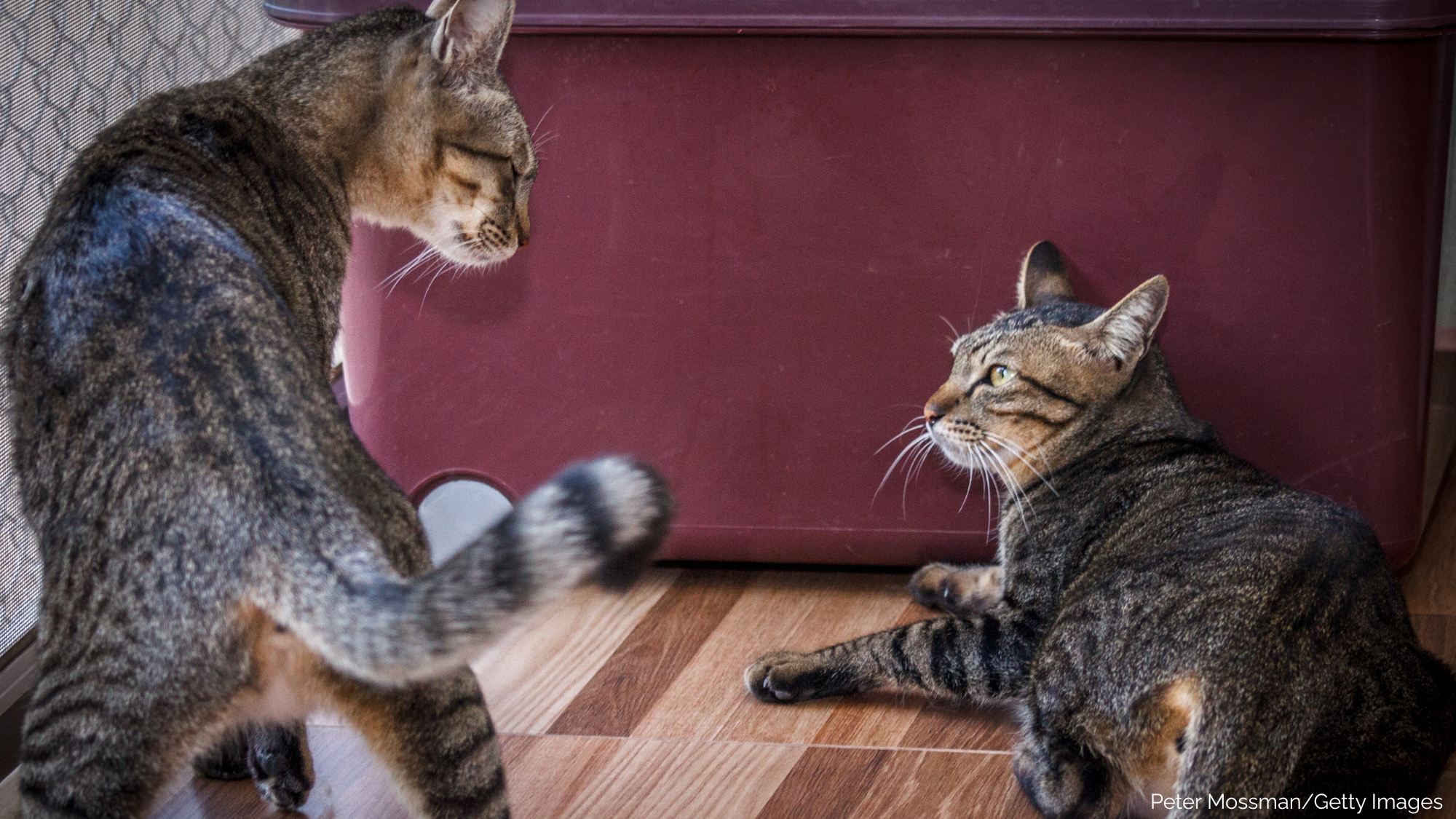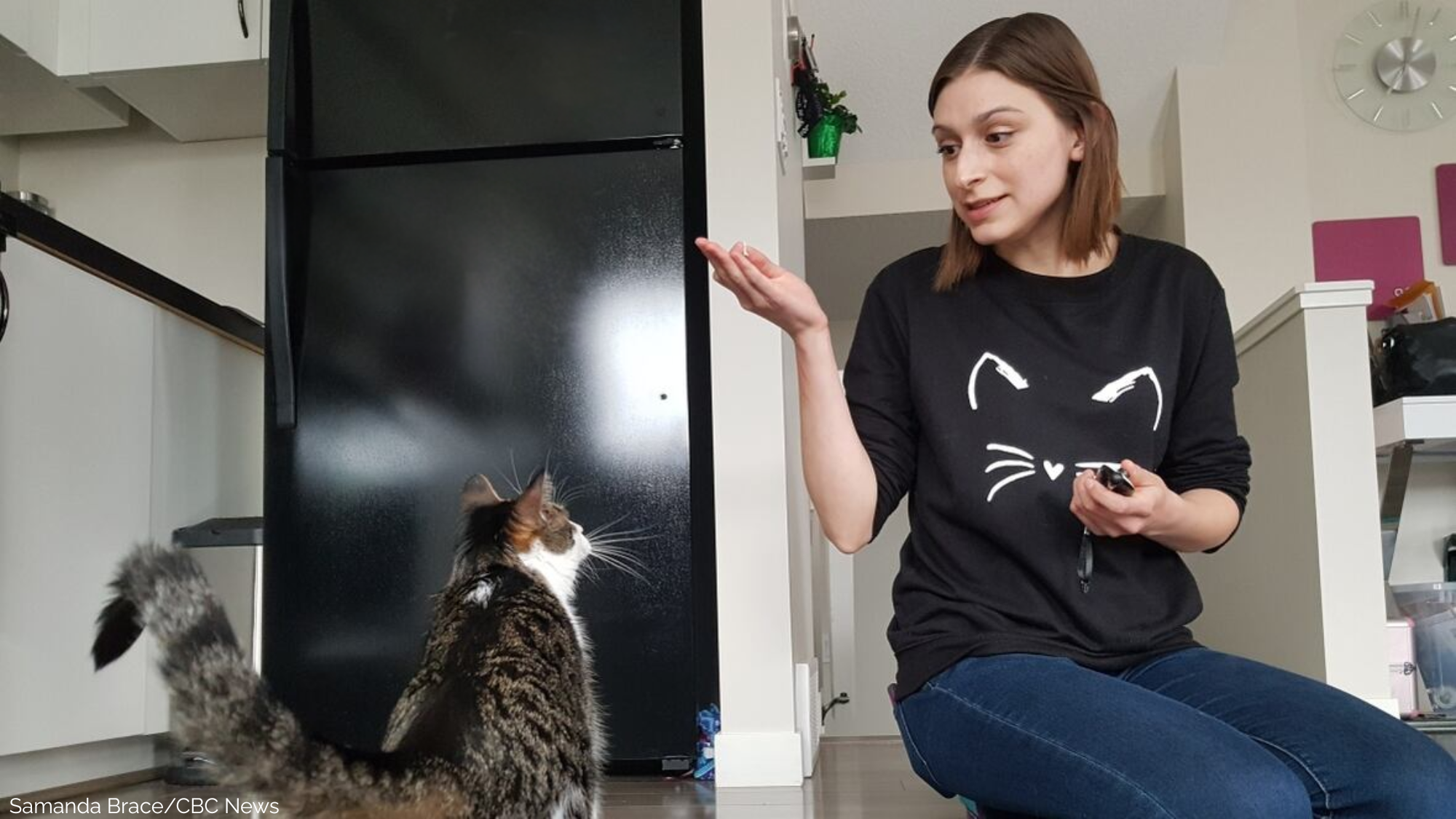This website use cookies to ensure you get the best experience on our website.

When Cats Can’t Be Friends
Not all cats become friends, even when you do everything "right". Inter-cat conflict can leave cat parents feeling stuck and unsure of what to do next. This post takes a compassionate look at when behaviour work has limits, how to assess progress, and how to choose quality of life for everyone involved.

What To Expect When You’re Expecting… To Adopt a Cat
Adopting a cat soon? Learn what to expect when looking to adopt, common new-cat behaviours, and tips to help your rescue cat feel safe, confident, and at home.

When “Good Enough” Is Perfect: Managing Cat Behaviour
Not every unwanted behaviour your cat shows needs to be “fixed." Sometimes, the most compassionate and practical approach is learning how to manage it instead. In this post, see when and how management can be the most peaceful solution for everyone.

How to Find a Great Cat Trainer
Did you know cat training and behaviour is an unregulated field? That means anyone can call themselves a trainer or behaviourist, no matter their methods or values. Here's the bright side: there are ways to make sure you find someone safe, reputable, and a true fit for you and your cats. In this blog, I share practical tips on what to look for (and what to avoid) when searching for help.
